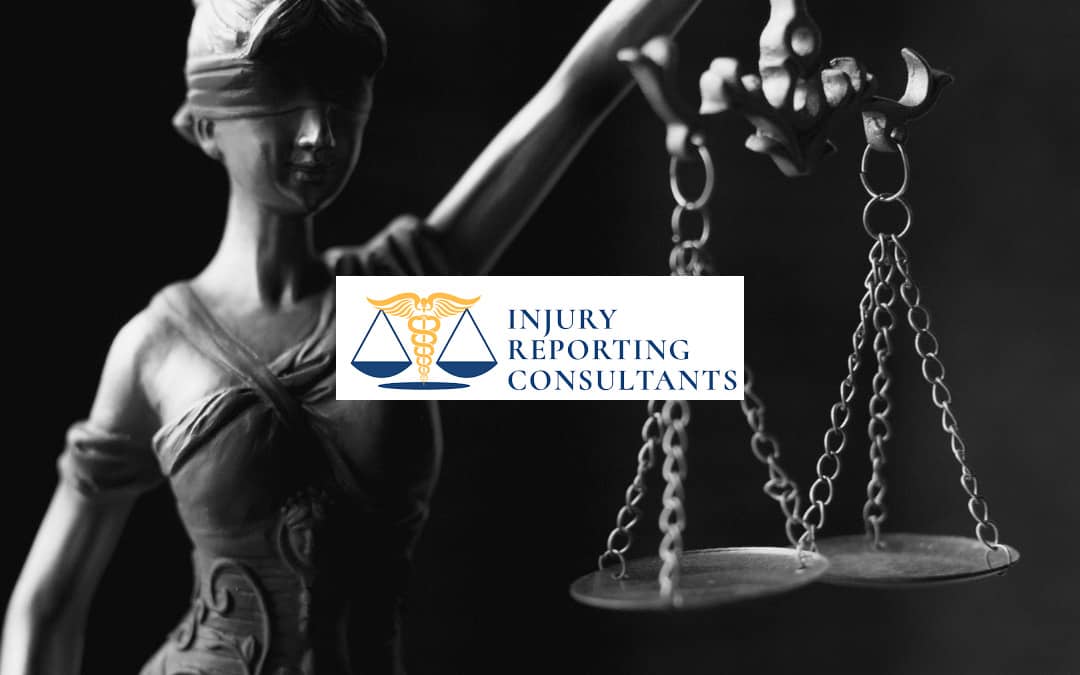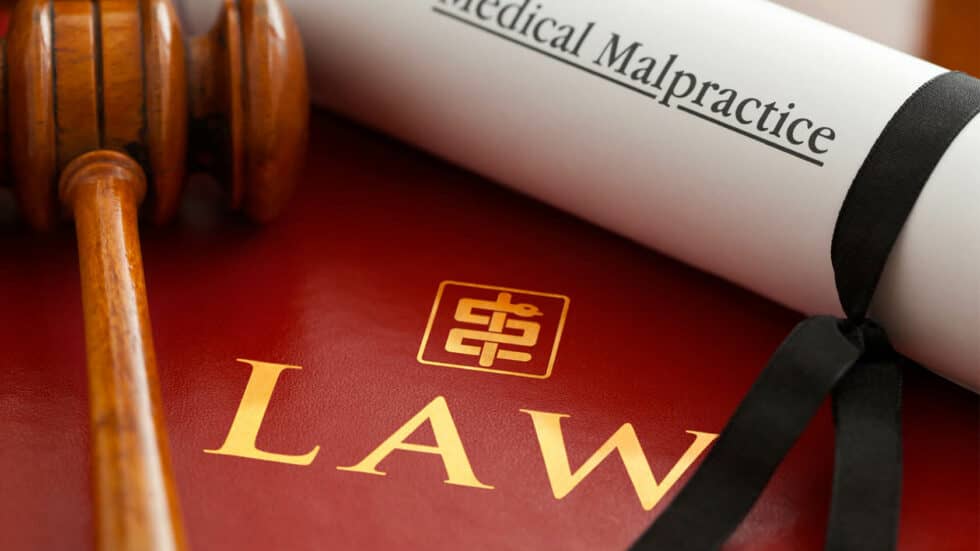
Does Your Case Truly Support Your Demand Letter Settlement Request?
Drafting a demand letter is an essential step in the process of resolving legal disputes. It serves as a formal request for settlement and outlines your clients’ grievances, the desired outcome, and the consequences if their demands are not met. However, before sending out a demand letter, it’s crucial to evaluate whether your case genuinely substantiates your settlement request.
The cornerstone of any demand letter are the legal claims you are asserting. These claims form the foundation for your settlement request and must be substantiated by credible evidence. There are two primary reasons why insurance companies often don’t take your demand settlement package seriously:
1. Inadequate documentation of diagnosable impairments:
Having reviewed hundreds of personal injury cases over the years, I’ve observed countless instances where ALL diagnosable impairments are not documented, inadequately documented, or completely disregarded and left unattended.
For instance, in many cases involving clients with multiple trauma injuries resulting from a motor vehicle collision, injuries are often prioritized based on their life-threatening or most severe pain-inducing nature which may cause overshadowing of less apparent impairments. Orthopedic impairments like broken bones, herniated discs, facet injuries, and ligament tears take precedence, while these less-obvious issues, such as short-term memory deficits, decreased attention span, dizziness, blurred vision, and tinnitus, often go undiagnosed and consequently remain undocumented. These signs are often symptoms of post-concussive and mild traumatic brain injuries and when left undocumented, can cause your client’s case to be severely undervalued.
2. Lack of Quantification of Diagnosed Impairments:
Orthopedic and cognitive impairments that are not quantified in terms of their severity and their impact on your clients’ lives are typically inputted into an insurance company’s system to generate a low-ball valuation based on the insurer’s subjective assessment of the impairments’ worth.
It is crucial to quantify how these impairments affect your clients’ daily lives, including their ability to provide for their family, perform activities of daily living, and engage in leisure activities. The most trial-tested, valid, and objectively reliable method to quantify your clients’ impairments is through a Functional Capacity Evaluation to assess physical abilities or a Cognitive Functional Capacity Evaluation to evaluate cognitive deficits and their effects on executive functioning skills, concentration, and attention span.
Before sending out a demand letter and making a settlement request, it is essential to evaluate whether your case comprehensively and quantitatively supports the impairments upon which you base your demands. By taking these two pivotal steps into account, you can significantly enhance the chances of achieving a successful resolution to your dispute.
—
Dr. Brad Poppie has over 20 years of personal injury experience providing care as a treating doctor, coordinating rehabilitative case management, and expert trial testimony services. If you have a client that you would like to discuss their need for an expert report, please contact me directly at 720-982-2000 or email me at: brad@





